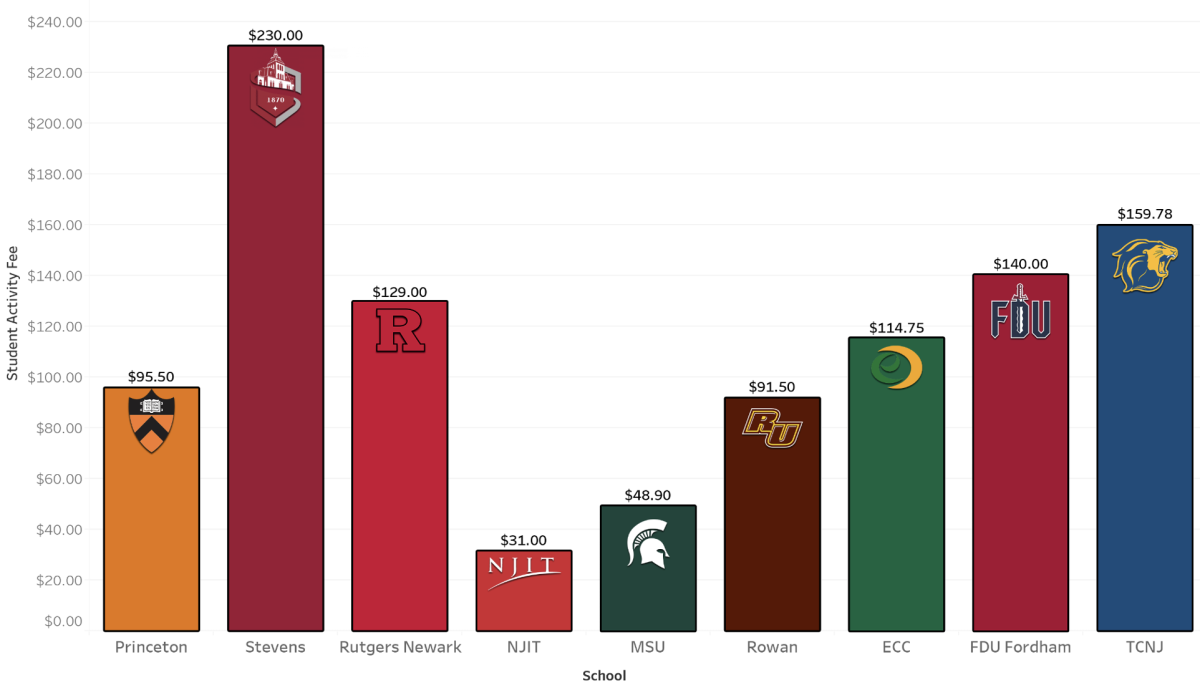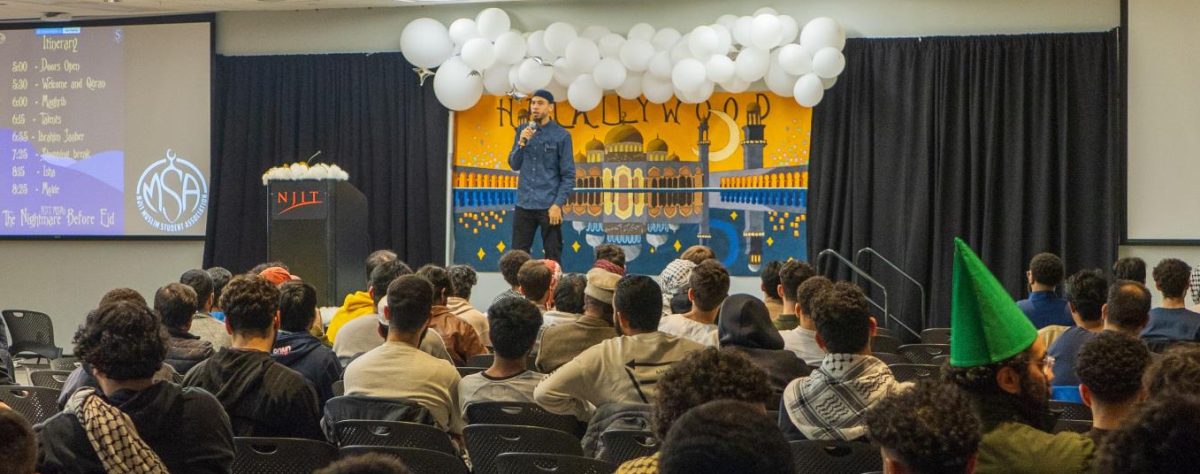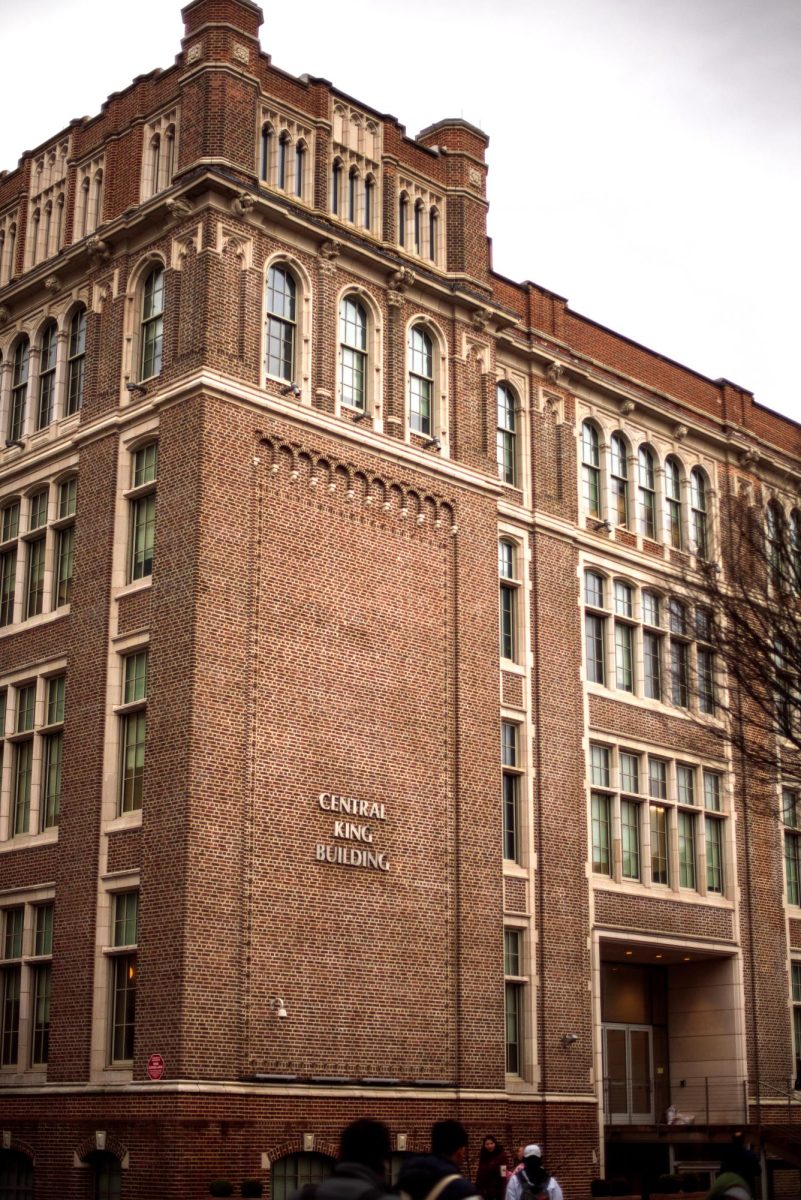In the fall of 2011, 8,328 students registered for classes at New Jersey City University, better known as NJCU. By 2021, that number had dropped to just 6,918.
This trend echoed in several postsecondary institutions in the Garden State, with Hudson County Community College and the County College of Morris witnessing 40% drops during and after the COVID-19 pandemic. Some ascribe such woes to online learning and financial decisions made during the pandemic, while others believe that it is simply a reflection of demographic changes. No matter the cause, experts concur that New Jersey and the United States are facing the cliff of an undergraduate enrollment drop.
From 2010 to 2021, undergraduate enrollment dropped 15%, or by 2.6 million students, according to the Brookings Institute for Education. 58% of that decline happened before the pandemic, but 42% has taken place since 2019. Another point of concern is that declines amongst those who enter college disproportionately take place amongst men and people of color, which may contribute to socioeconomic stratification and a workforce that does not reflect the diversity of the United States.
Complicating the situation is the fact that a college degree, meant to be a harbinger of opportunity, has now become a financial obstacle. The cost of tuition and housing increases from year to year, outpacing the already-harsh cost of living due to inflation. According to the Education Data Initiative, the average cost of college is around $36,000 per student per year.
However, some schools have witnessed a steady level of interest and increasing numbers of applications, even within the demographic shifts and pandemic-related chaos affecting higher education. NJIT saw a record number of applications for the 2023-24 academic year and hit an enrollment milestone of 12,000 for the Fall 2023 semester, the highest number on record. Similarly, Stevens Institute of Technology reported a 30% increase in enrollment from 2017 to 2021. Rutgers University reported that the field with the greatest level of interest and growth by far was computer science, with health and biomedical sciences coming in second.
Dr. Teik Lim, NJIT’s ninth president, stated that the value of a STEM education was the driving factor for stability and interest in tech-focused universities. “There is tremendous industry demand for these students, and the careers they pursue are both lucrative and intellectually stimulating,” he said. The National Student Clearinghouse Research Center estimates that in just one year, from Spring 2021 to Spring 2022, the percentage of students pursuing a computer science degree jumped nearly 8%.
So what is the secret to attracting and retaining students with a smaller group to choose from? Part of the answer may be appealing to “stopped out” students — a group with some amount of college credit, but without all the classes required for their degree. Bloomberg estimates that around 40.4 million Americans qualify as “stopped out” students who halted progression of their degree due to financial or familial obstacles.
The last few years of online accessibility, accelerated by the pandemic, have caused a heated debate on whether college is worth the extravagant costs, especially with numerous free resources, certificates provided by large technology companies such as Google, and trade school becoming alternatives. However, college graduates earn more on average, experience lower unemployment, and are less likely to commit crimes, according to studies by Michigan State University and the Department of Labor Statistics.
Is technical education the key to retaining students? A computer science or engineering degree is currently seen as the golden ticket to a successful career, partially due to heavy promotion by the National Science Foundation and government entities and mostly due to the six-figure salaries that graduates can expect. As the landscape of American higher education shifts, schools like NJIT can expect a higher level of interest from students — and responsibility to deliver on these expectations.






























